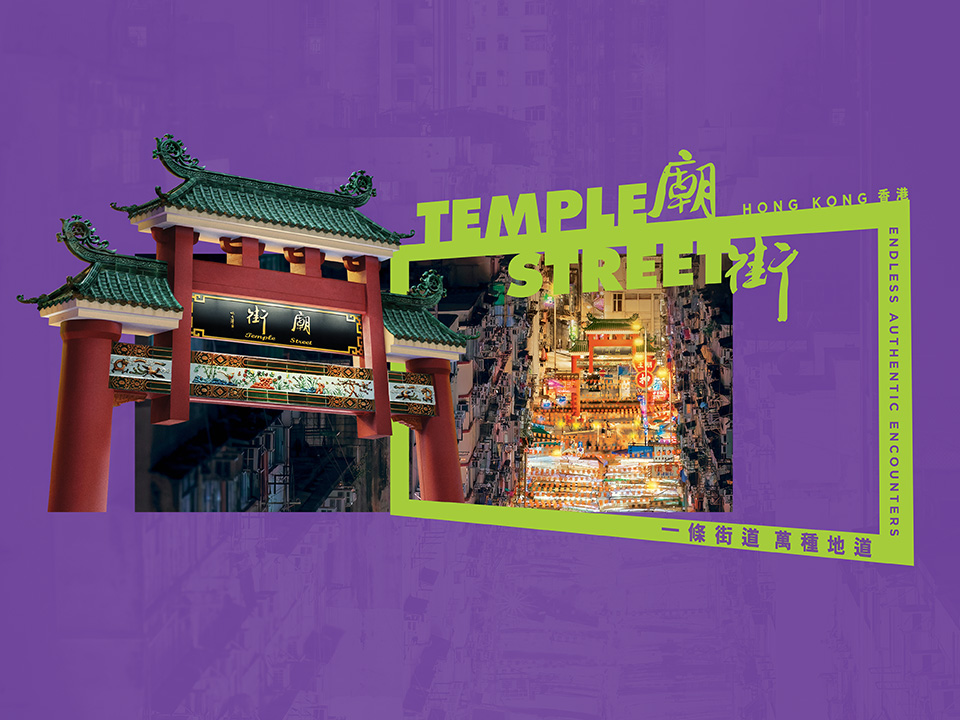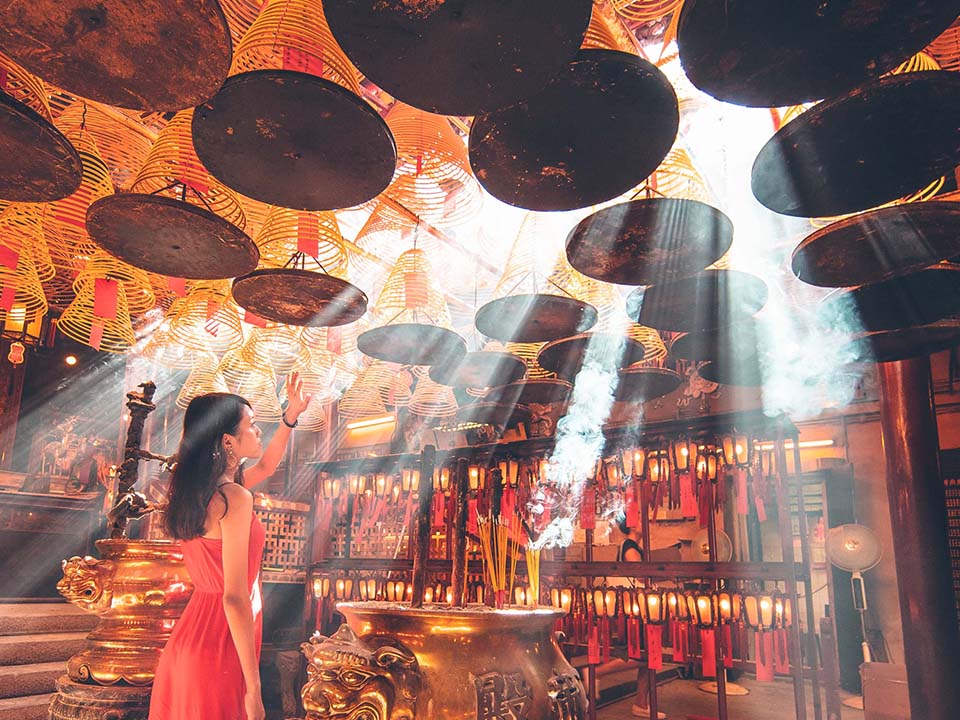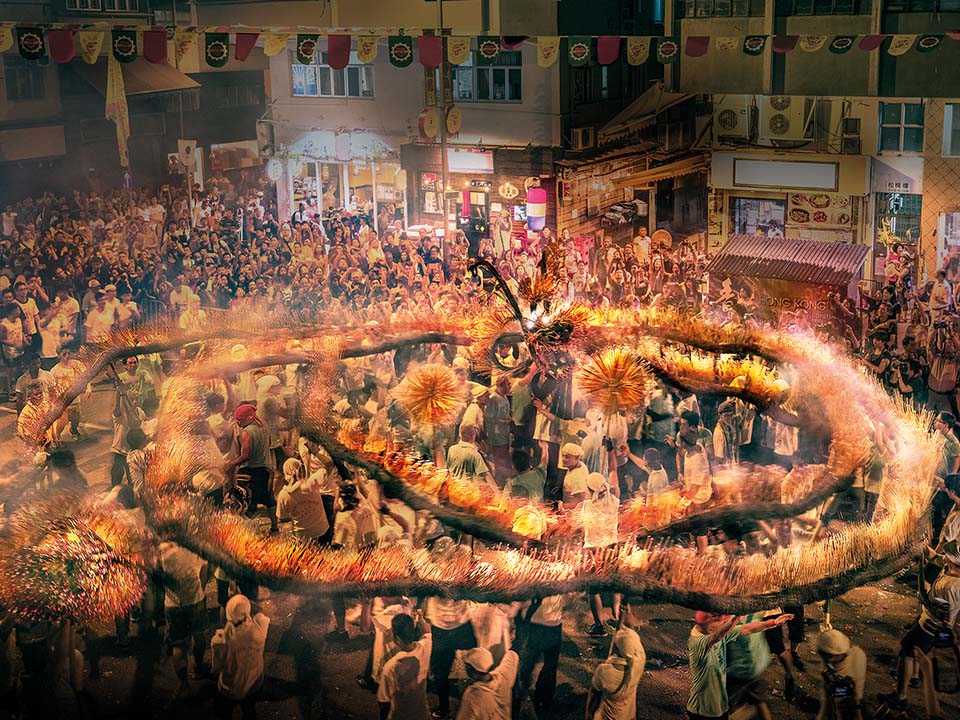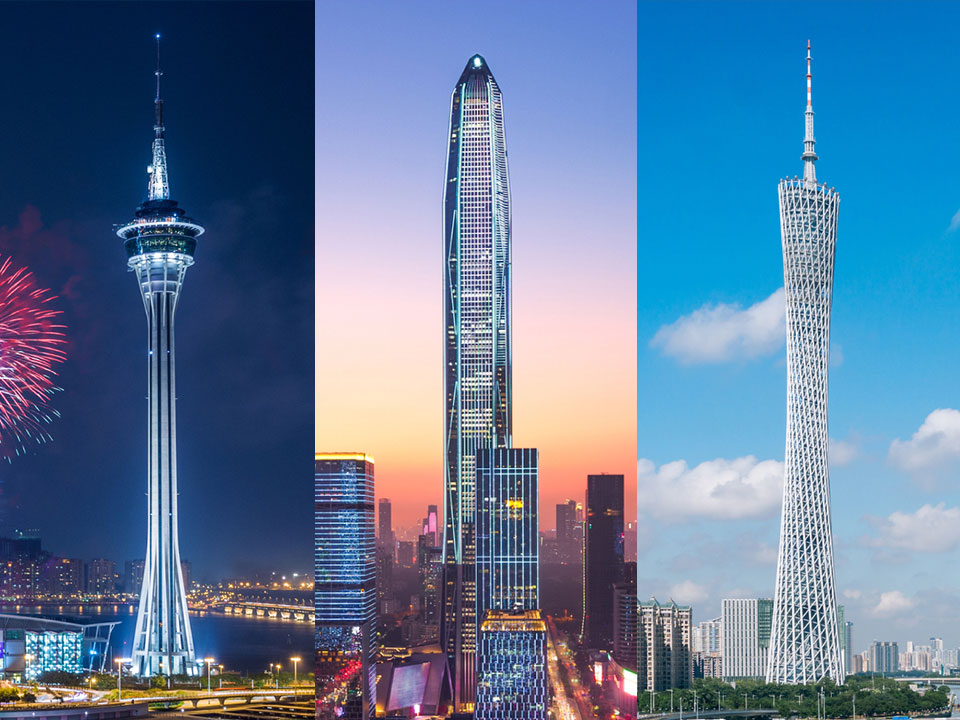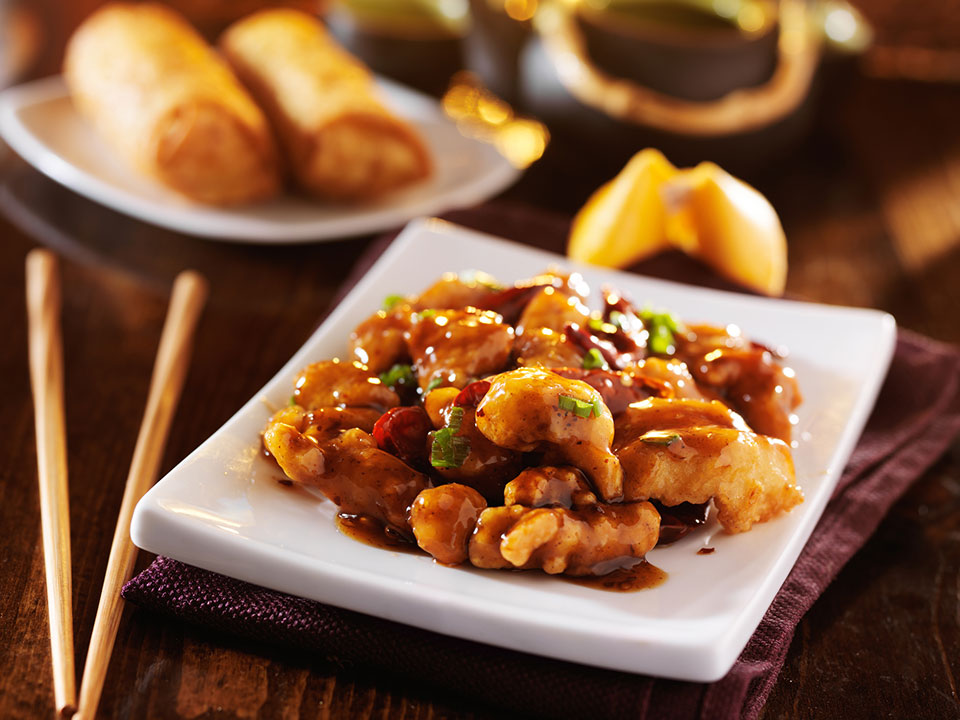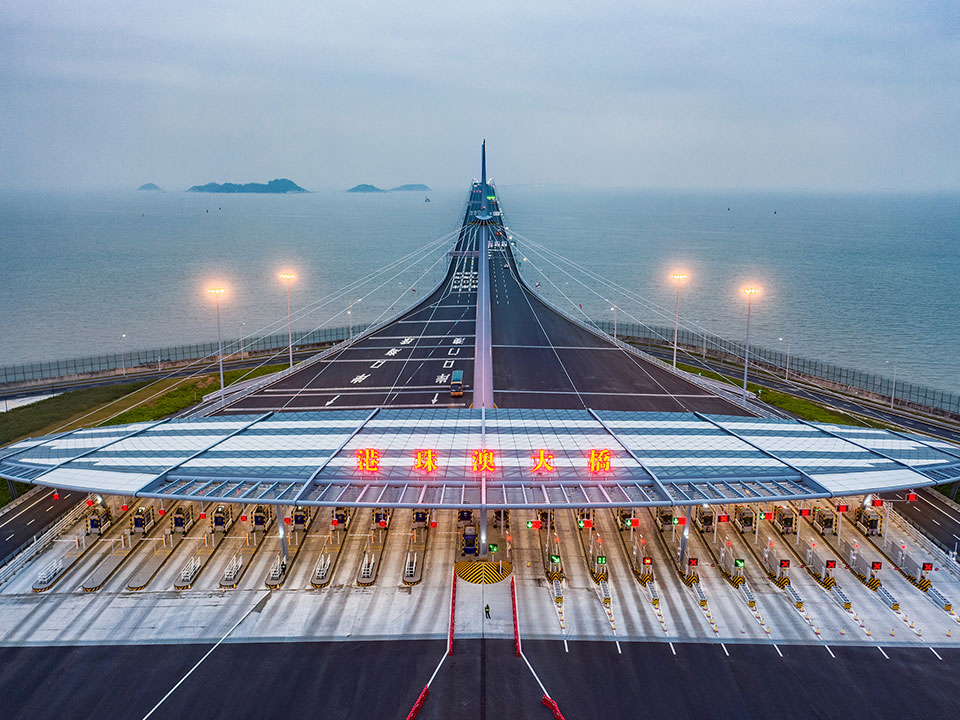Things you need to know before arrival
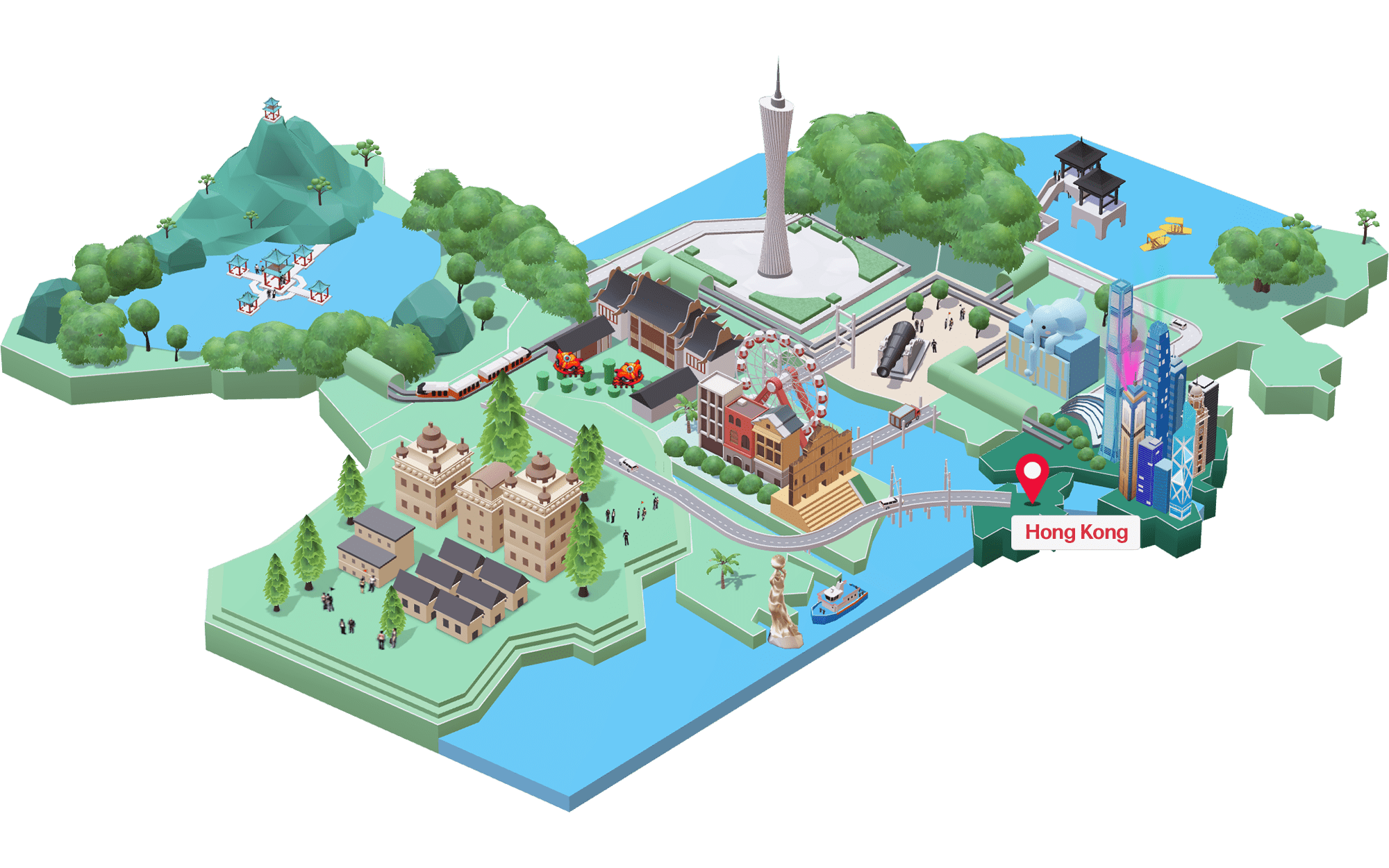
Greater Bay Area at a glance
Explore by city

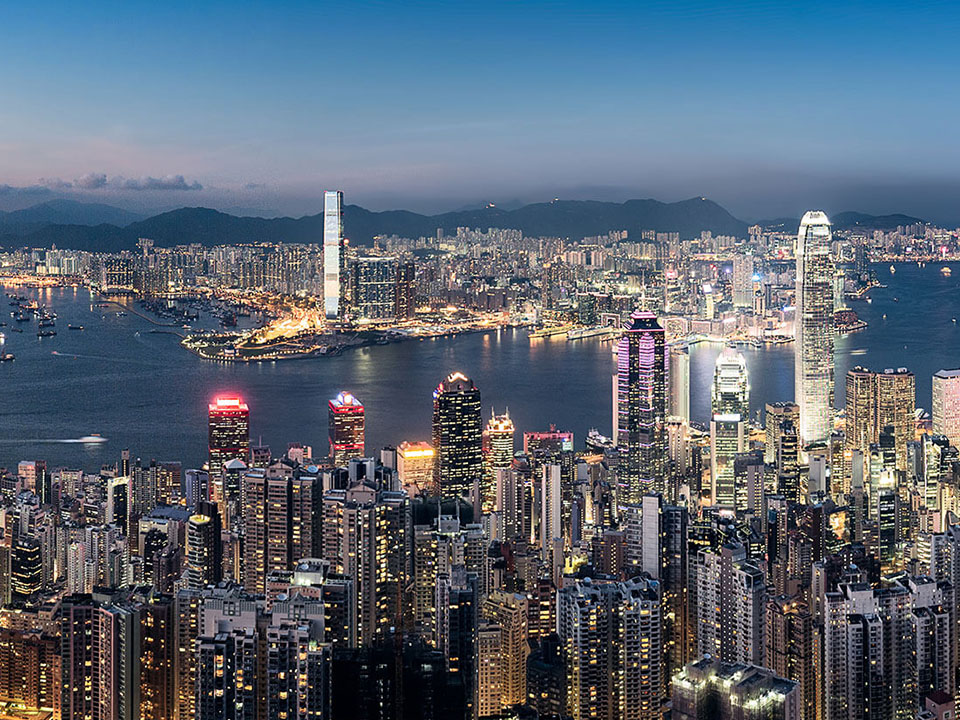
Hong Kong
A cosmopolitan city with a diverse culture, top attractions, bountiful countryside, and prime geographical location, is ideal for multi-destination travel.
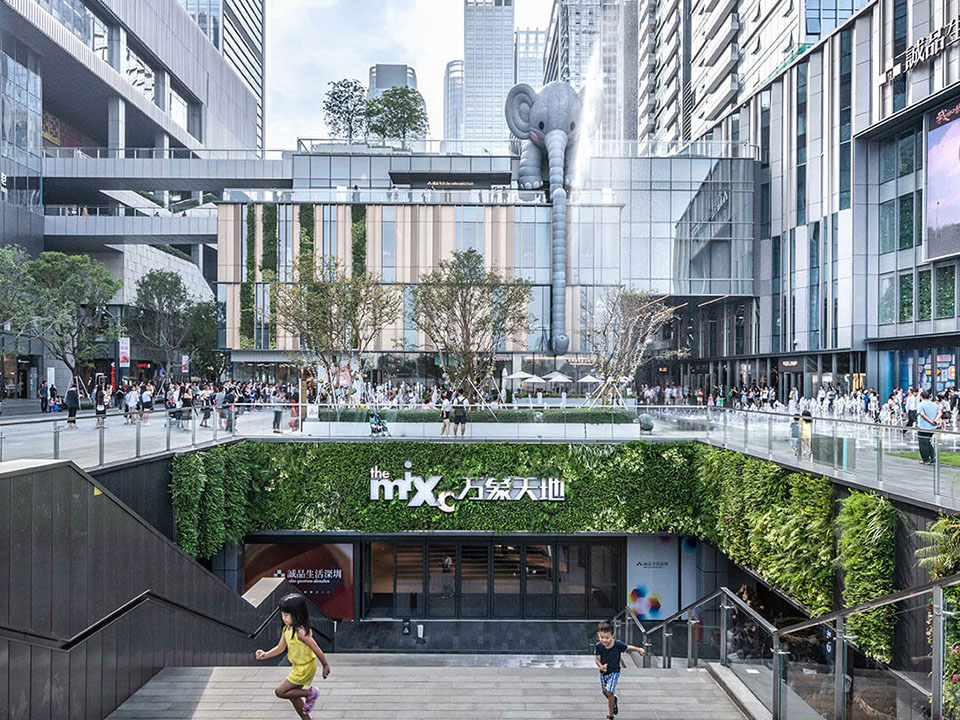
Shenzhen
Shenzhen’s pleasant climate and picturesque coastal and mountain scenery have earned it a place on The New York Times’ list of the world’s 31 must-visit destinations.
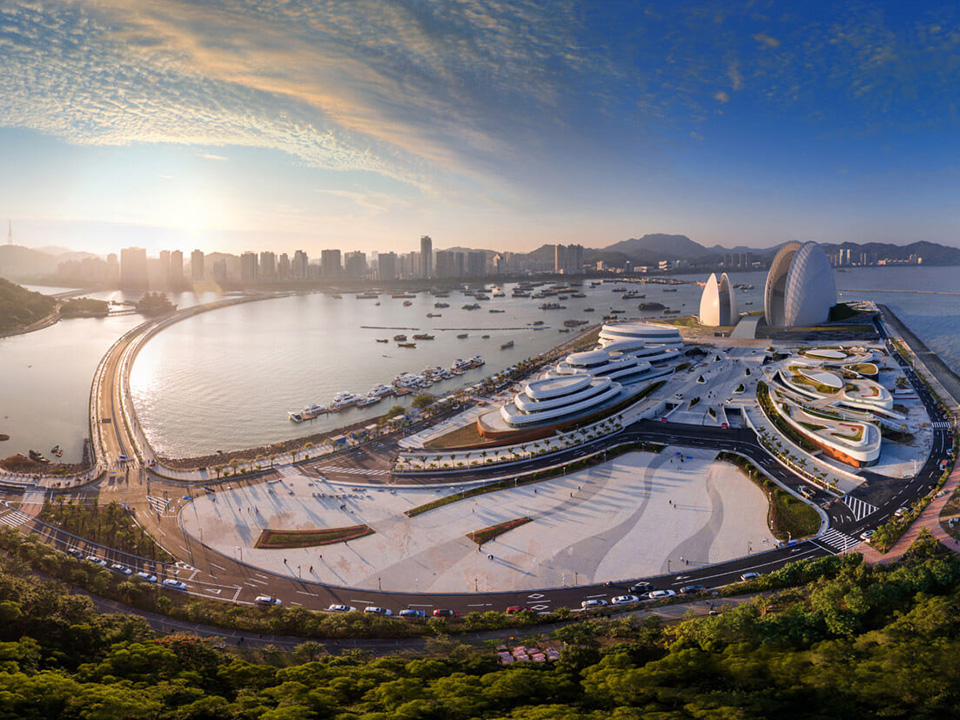
Zhuhai
Zhuhai enjoys close proximity to Macao and Hong Kong via the Hong Kong–Zhuhai–Macao Bridge and offers stunning coastlines and islands.
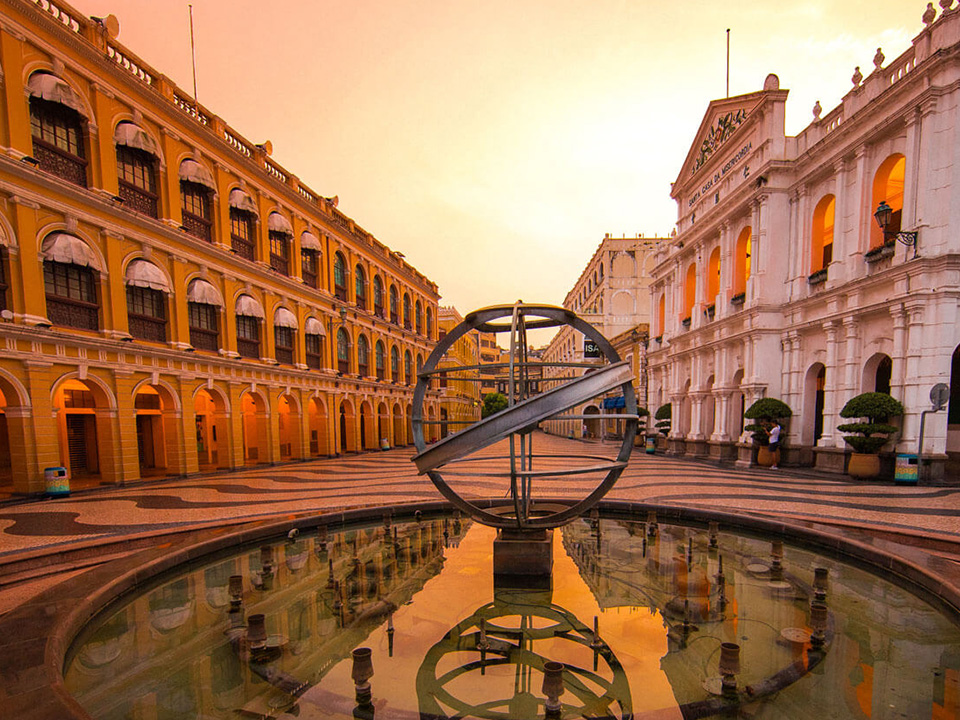
Macao
Macao’s unique charm blends Portuguese and Chinese cultures, showcased by the UNESCO status of its historic centre, and top hotels, shopping and entertainment.
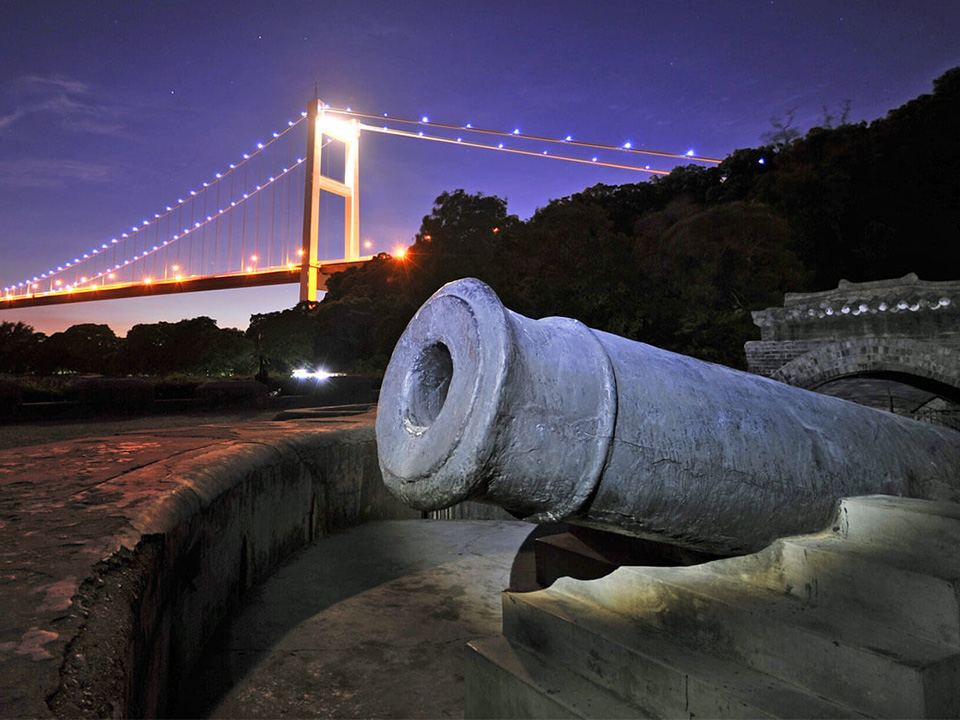
Dongguan
On top of being ‘the world’s factory’, Dongguan has become a popular destination for leisure travellers in search of romantic sea views and picturesque historical spots.
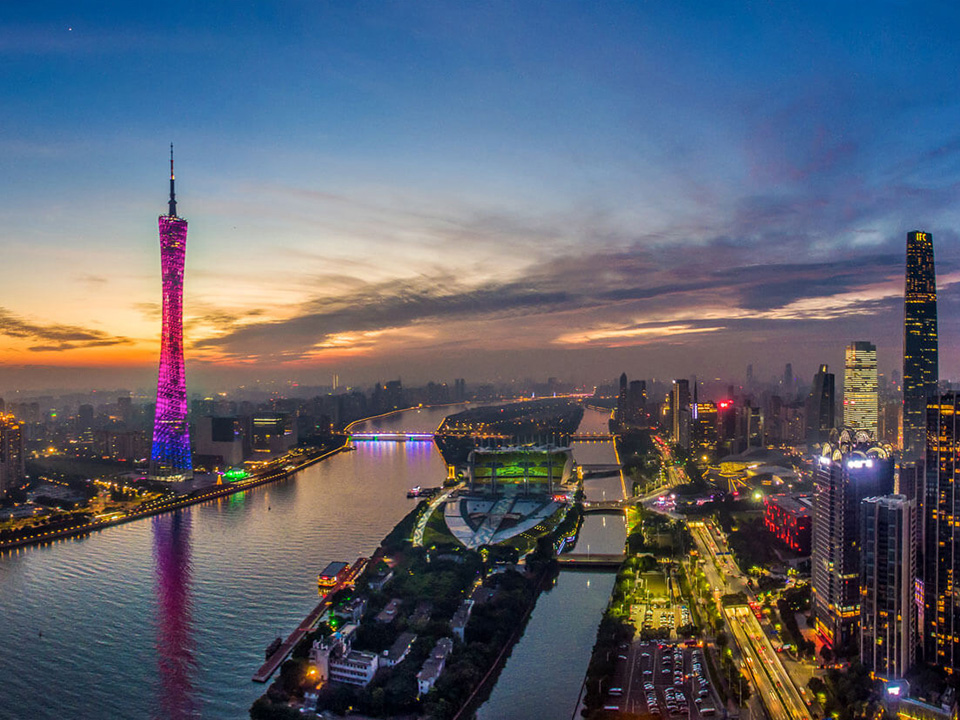
Guangzhou
Guangzhou, the ‘Flower City’ and ‘City of Rams’, embodies China’s Lingnan culture and was ranked second by Forbes for its remarkable transformation.
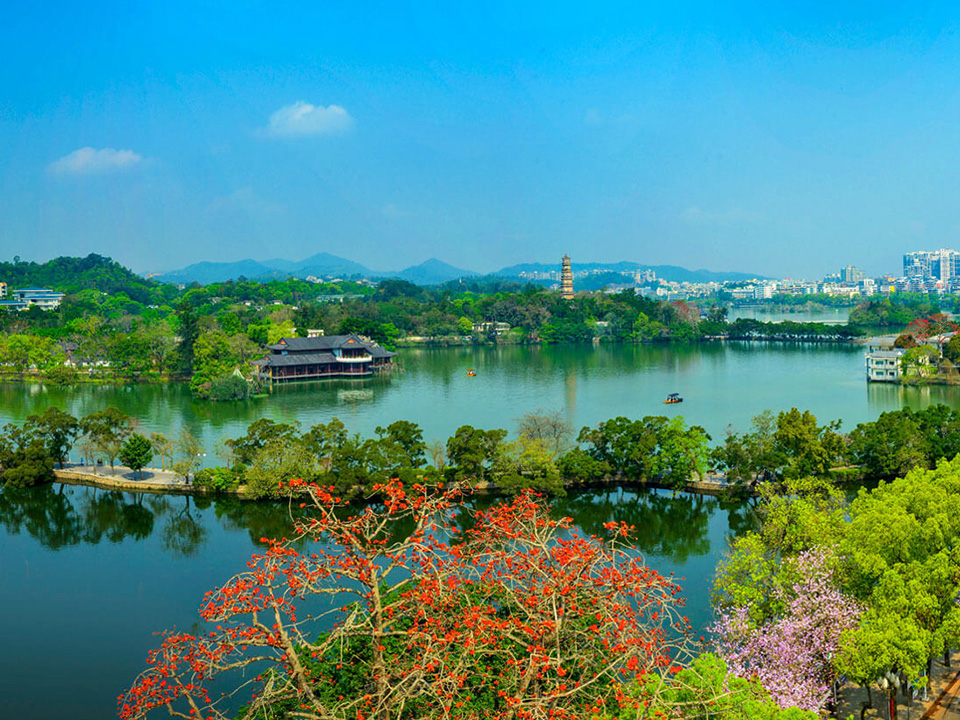
Huizhou
Huizhou is known for its beautiful nature, from its mountains and valleys in the north and the east, to its long, meandering coastline in the south.
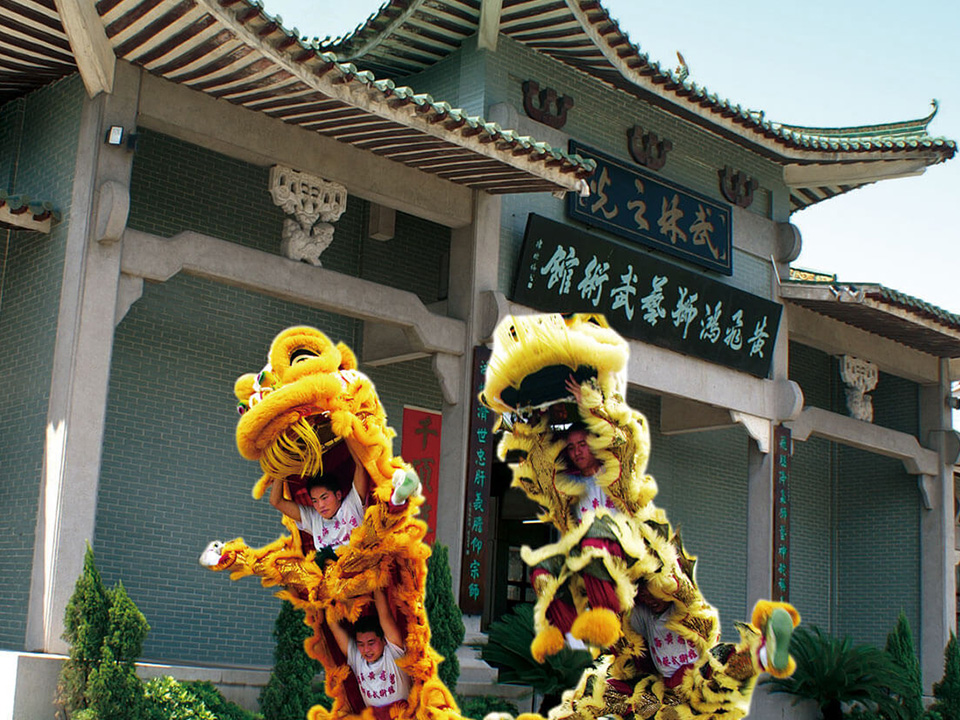
Foshan
The birthplace of ceramic art, Cantonese opera and martial arts, Foshan offers a captivating fusion of the old and the new.
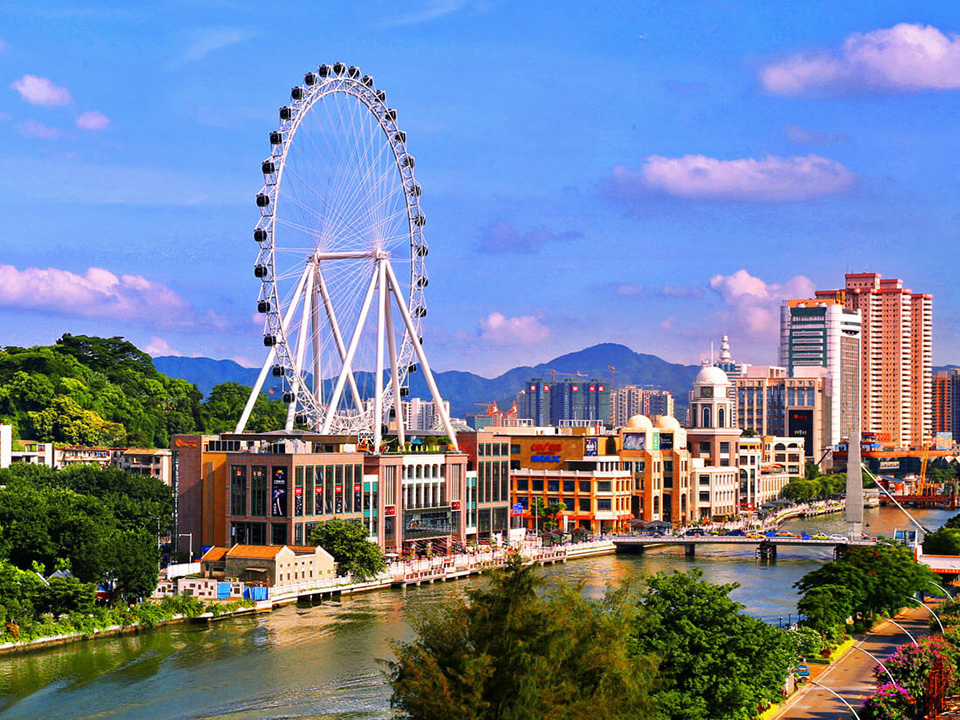
Zhongshan
Delve into the life and legacy of Dr Sun Yat-sen in Zhongshan, the birthplace of one of the greatest figures in 20th-century Chinese history.
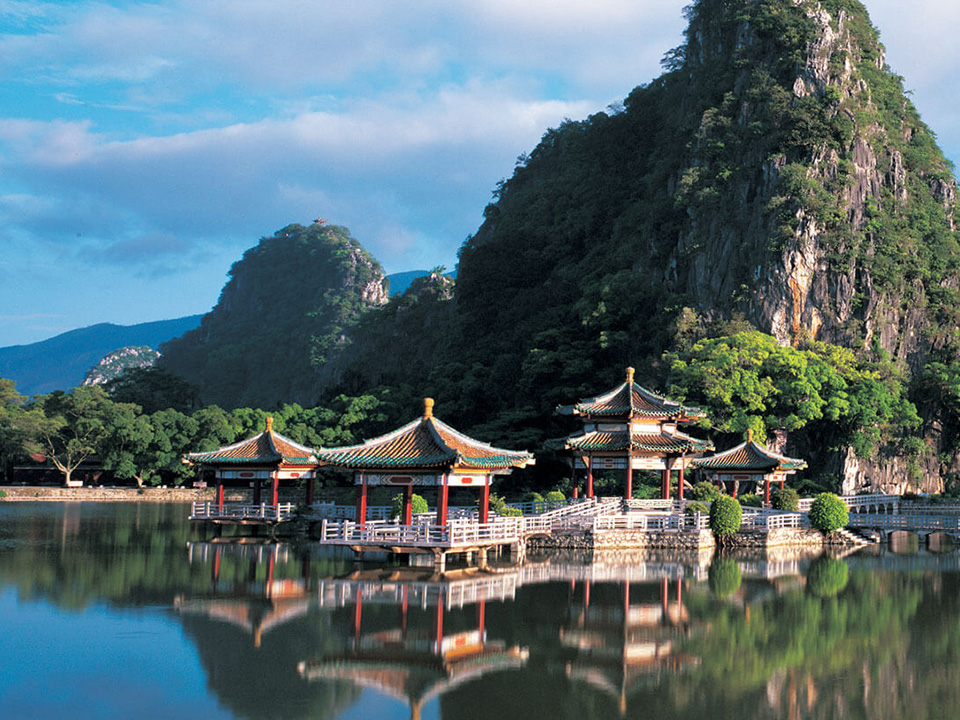
Zhaoqing
Zhaoqing is blessed with an abundance of breathtaking scenery: the enchanting Seven Star Crags, serene Star Lake, and tranquil mountains.
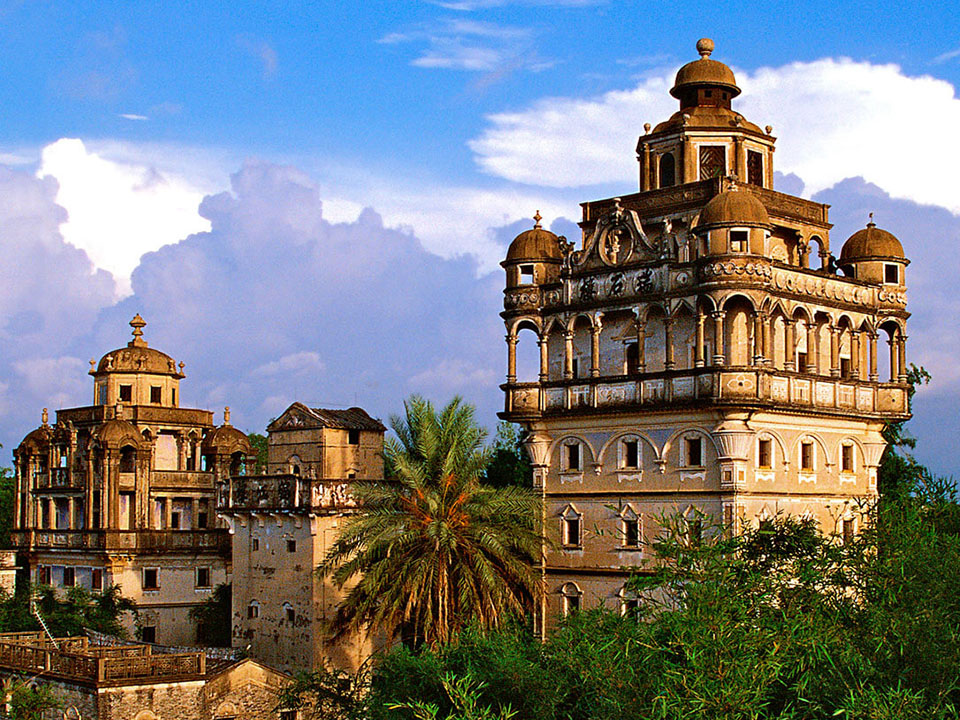
Jiangmen
Jiangmen is a city teeming with cultural treasures, such as the UNESCO World Heritage Kaiping Diaolou and Villages.

Hong Kong
A cosmopolitan city with a diverse culture, top attractions, bountiful countryside, and prime geographical location, is ideal for multi-destination travel.
See more
Shenzhen
Shenzhen’s pleasant climate and picturesque coastal and mountain scenery have earned it a place on The New York Times’ list of the world’s 31 must-visit destinations.

Zhuhai
Zhuhai enjoys close proximity to Macao and Hong Kong via the Hong Kong–Zhuhai–Macao Bridge and offers stunning coastlines and islands.

Macao
Macao’s unique charm blends Portuguese and Chinese cultures, showcased by the UNESCO status of its historic centre, and top hotels, shopping and entertainment.

Dongguan
On top of being ‘the world’s factory’, Dongguan has become a popular destination for leisure travellers in search of romantic sea views and picturesque historical spots.

Guangzhou
Guangzhou, the ‘Flower City’ and ‘City of Rams’, embodies China’s Lingnan culture and was ranked second by Forbes for its remarkable transformation.

Huizhou
Huizhou is known for its beautiful nature, from its mountains and valleys in the north and the east, to its long, meandering coastline in the south.

Foshan
The birthplace of ceramic art, Cantonese opera and martial arts, Foshan offers a captivating fusion of the old and the new.

Zhongshan
Delve into the life and legacy of Dr Sun Yat-sen in Zhongshan, the birthplace of one of the greatest figures in 20th-century Chinese history.

Zhaoqing
Zhaoqing is blessed with an abundance of breathtaking scenery: the enchanting Seven Star Crags, serene Star Lake, and tranquil mountains.

Jiangmen
Jiangmen is a city teeming with cultural treasures, such as the UNESCO World Heritage Kaiping Diaolou and Villages.
Things to do in the Greater Bay Area
Explore by experience
 By City
By City
Things to do in the Greater Bay Area
Get inspired









